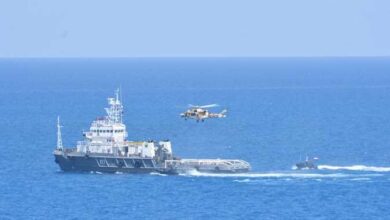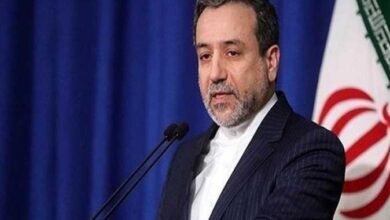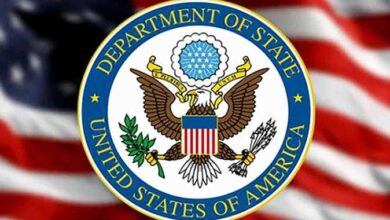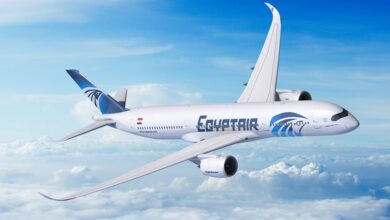Washington–Bowing to political pressure at home, President Barack Obama on Thursday scrapped his trip to Indonesia and Australia next week to stay in Washington for a final push for a U.S. healthcare overhaul.
The rare cancellation of a presidential trip abroad underscored how Obama’s political challenges at home have begun complicating his life overseas, stirring debate on whether he may have to scale back some of his foreign policy goals.
Obama had intended to use the March 21-26 trip, his first foreign travel of the year, to deepen U.S. ties in the Asia-Pacific region in the face of rising Chinese influence there.
But his travel plans drew criticism from fellow Democrats worried he would be absent for Sunday’s vote on healthcare, his top legislative priority and an issue expected to loom large in U.S. congressional elections in November.
Announcing that the overseas trip was off, White House spokesman Robert Gibbs made clear that Obama felt he had no other choice and said efforts were under way to reschedule the visits to Indonesia and Australia in June. "The president greatly regrets the delay," Gibbs told reporters.
He said Obama called Indonesian President Susilo Bambang Yudhoyono and Australian Prime Minister Kevin Rudd, and that both governments understood the importance of the healthcare bill and the president’s desire to see it through.
But Australian and Indonesian officials were sure to be disappointed, and Obama’s decision drew swift criticism from conservative foreign policy circles as damaging to U.S. interests in the region.
"President Obama has thus far demonstrated a remarkably tin ear for American leadership in Asia," said Walter Lohman, an Asia expert at the Heritage Foundation.
Obama had already put off his departure by three days to press wavering lawmakers to approve the healthcare bill, but the vote expected on Sunday is still likely to be close.
While acknowledging that "international alliances are critical to America’s security and economic progress," Gibbs insisted "passage of health insurance reform is of paramount importance."
Mindful that November’s congressional elections will be decided on domestic issues like jobs, the economy and healthcare, Obama has been putting his main focus where the votes are.
Juggling Priorities
White House aides have insisted that Obama is capable of juggling competing agendas and has no intention of skimping on international priorities. These include wars in Afghanistan and Iraq, nuclear standoffs with Iran and North Korea, strains with Russia and China, and elusive Middle East peace.
With Obama’s poll ratings down among voters and legislative battles occupying his attention, many analysts believe he will have less room to maneuver on the global stage.
Gibbs dismissed the notion that Obama’s delay of a major foreign trip would send a negative message overseas about Washington’s commitment.
He said Obama still thinks the Pacific tour would be important but that he "believes that right now this is the place to be, in Washington, seeing this through."
The trip was intended to build on Obama’s debut Asia tour last November, when he called himself America’s "first Pacific president" and which critics said yielded few tangible gains.
This time, Obama was to have focussed on two countries that his aides numbered among a group of "middle powers" wielding increased clout internationally.
They are also seen as counterweights to an increasingly assertive China, Washington’s biggest economic rival, at a time when Sino-U.S. tensions are high over Beijing’s currency practices, U.S. arms sales to Taiwan and Obama’s meeting last month with exiled Tibetan spiritual leader the Dalai Lama.
Aides framed the trip to the economically dynamic region as crucial to Obama’s vow to double U.S. exports in five years.
Obama’s first stop was to have been in the U.S. territory of Guam–a major hub of American military power in the Pacific–to underline Washington’s security commitment in the region.
Then he was headed to Indonesia, the world’s most populous Muslim nation, where he spent four years as a child and where he was to try to build on his outreach to Muslim world. After that, he was to have visited Australia, a linchpin U.S. friend in the Pacific and key military ally in Afghanistan.




